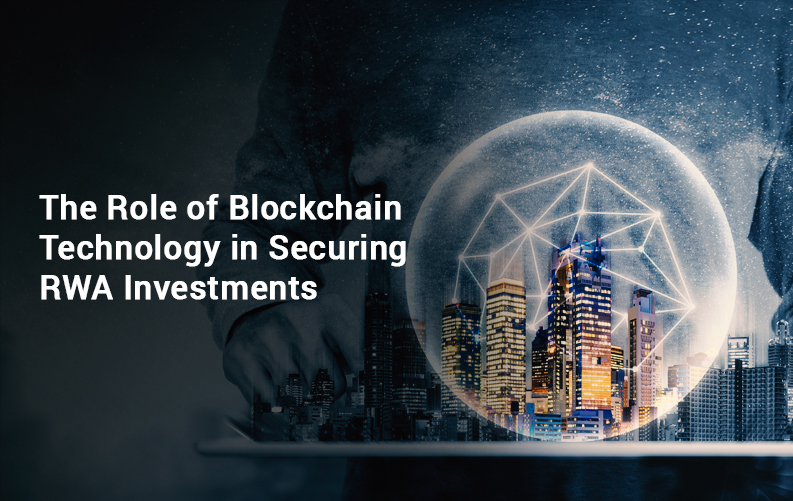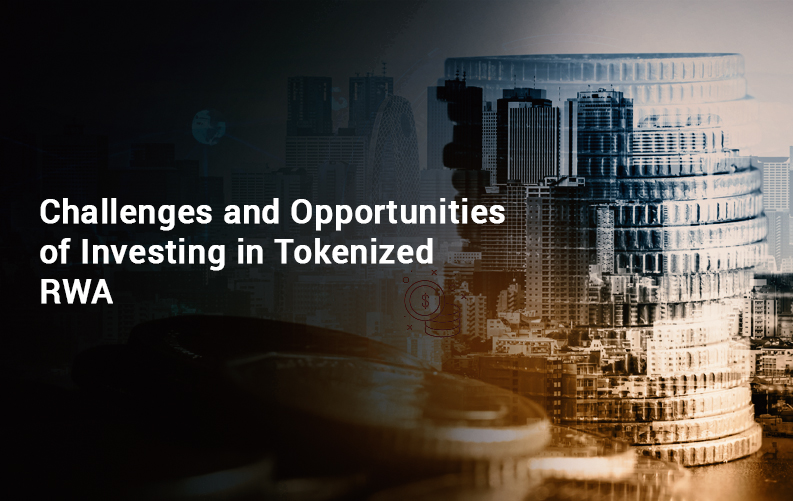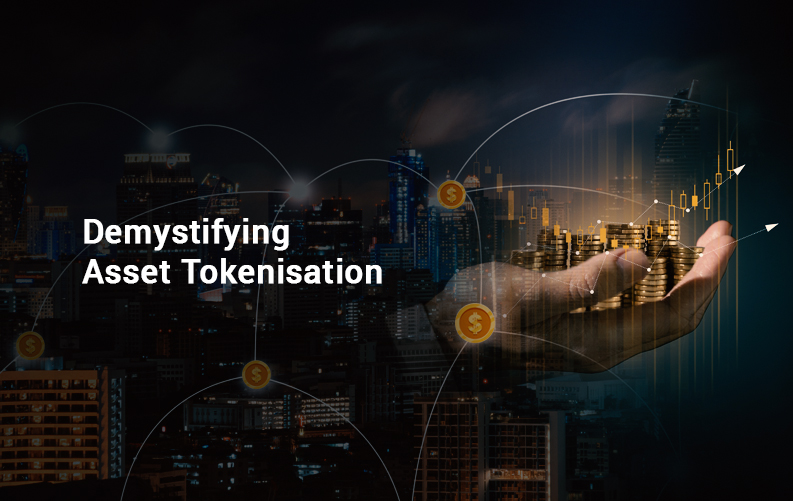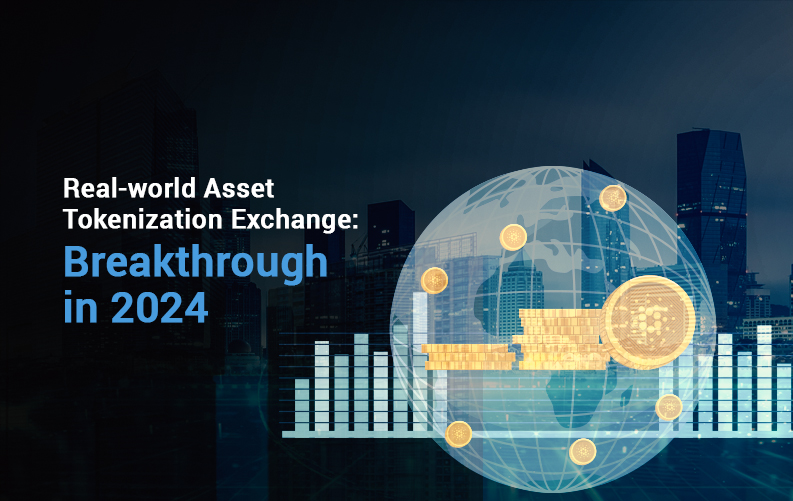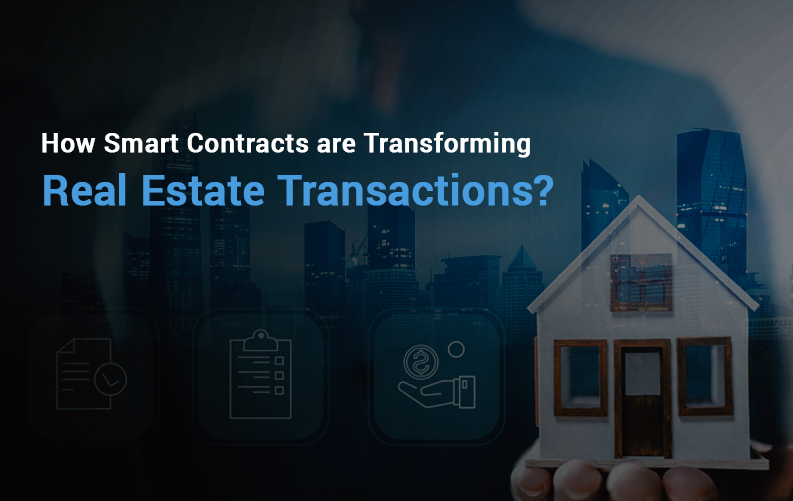Investors are constantly seeking secure and reliable investment opportunities in the finance landscape. With the advent of blockchain technology, a new era of secure and efficient investment mechanisms has emerged. This blog explores the pivotal role of blockchain in securing RWA investments, highlighting its impact on decentralized finance (DeFi), asset-backed tokens, and the broader landscape of investment security.
Advantages of Blockchain Technology in Securing RWA Investments
Blockchain Security
Blockchain technology offers a high level of security through its immutable and transparent nature. Each transaction relating to RWA investments is recorded on a decentralized ledger, making it tamper-proof and resistant to fraud or manipulation. The use of cryptographic algorithms ensures that assets are securely stored and transferred, mitigating the risk of unauthorized access.
Decentralized Finance (DeFi)
Blockchain enables DeFi platforms that operate without intermediaries, facilitating peer-to-peer transactions and automated processes. By removing the need for centralized authorities, DeFi promotes financial inclusivity and reduces transaction costs, enhancing the accessibility and efficiency of RWA investments for a broader range of investors.
Asset-Backed Tokens and Tokenization
Tokenization involves converting real-world assets into digital tokens on a blockchain. These asset-backed tokens represent ownership or shares in physical assets, allowing for fractional ownership and increased liquidity. Investors can trade these tokens on blockchain-based platforms, leading to greater transparency and efficiency in RWA investment transactions.
Smart Contracts
Smart contracts are self-executing agreements coded on a blockchain that automatically enforce predefined conditions. In the context of RWA investments, smart contracts streamline processes such as asset transfers, payments, and compliance, reducing the need for manual verification and intermediaries. This ensures greater security and trust among parties involved in RWA transactions.
Distributed Ledger Technology (DLT)
Blockchain’s DLT decentralizes data storage and processing, eliminating single points of failure and enhancing data security. By distributing information across a network of nodes, DLT provides redundancy and resilience, ensuring the integrity and availability of RWA investment data. This distributed approach minimizes the risk of data manipulation and enhances the overall security of RWA investment records.
Transforming RWA Investments
Blockchain technology’s applications in finance extend beyond security to revolutionize traditional investment practices. By leveraging blockchain, financial institutions and investors can:
Increase Transparency
Blockchain enables real-time tracking and auditing of RWA investment transactions, promoting transparency and accountability throughout the investment lifecycle.
Reduce Counterparty Risk
Smart contracts automate the execution of agreements, eliminating the need for intermediaries and reducing counterparty risk in RWA investments.
Enhance Liquidity
Asset-backed tokens allow for fractional ownership and efficient trading of RWA investments, increasing liquidity and enabling diversification of investment portfolios.
Enable Global Accessibility
Blockchain facilitates cross-border transactions and enables investors worldwide to participate in RWA investments seamlessly, fostering global financial inclusion.
Kalp is a pioneering digital public infrastructure, powered by a regulated permissioned decentralized coalition DLT that enables the SMART Exchange platform. This platform uses tokenization to allow investment in real-world assets in a secure, innovative, and user-friendly way. By making investing in real-world assets more accessible, SMART Exchange aims to support specialized businesses. With its structured approach, stringent security, and commitment to compliance, the platform offers an appealing option for diversified and efficient investing. Its regulation, security measures and focus on usability and compliance make it stand out as an accessible way to add real assets to an investment portfolio.
Conclusion
Blockchain technology has revolutionized RWA investments, offering unprecedented levels of security, transparency, and efficiency. From decentralized finance to asset-backed tokens and smart contracts, blockchain has opened a world of opportunities for investors. As technology continues to evolve, its role in securing RWA investments is only set to grow, promising a future where investment security is paramount.

